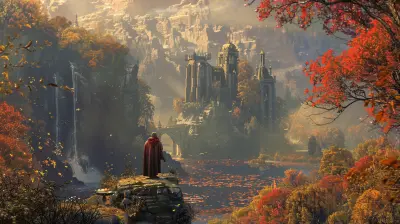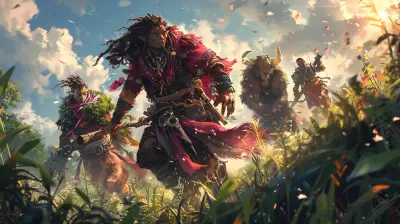Finding Meaning in Survival: The Role of Narrative in Survival Games
17 June 2025
Survival games have carved out a unique space in the gaming world — and wow, what a space it is. Whether you're chopping wood in The Forest, scrambling for supplies in DayZ, or crafting your way out of danger in Green Hell, survival games hit differently. It's not just the thrill of dodging death at every turn — it's the stories we create while doing it.
But have you ever stopped and asked yourself: why do these games leave such a lasting impact? What keeps us coming back for more, even after a virtual bear mauls us for the tenth time?
Well, buckle up. Because we’re diving deep into how narrative — both structured and emergent — shapes our experience in survival games, giving us purpose, emotion, and sometimes, even a little life wisdom.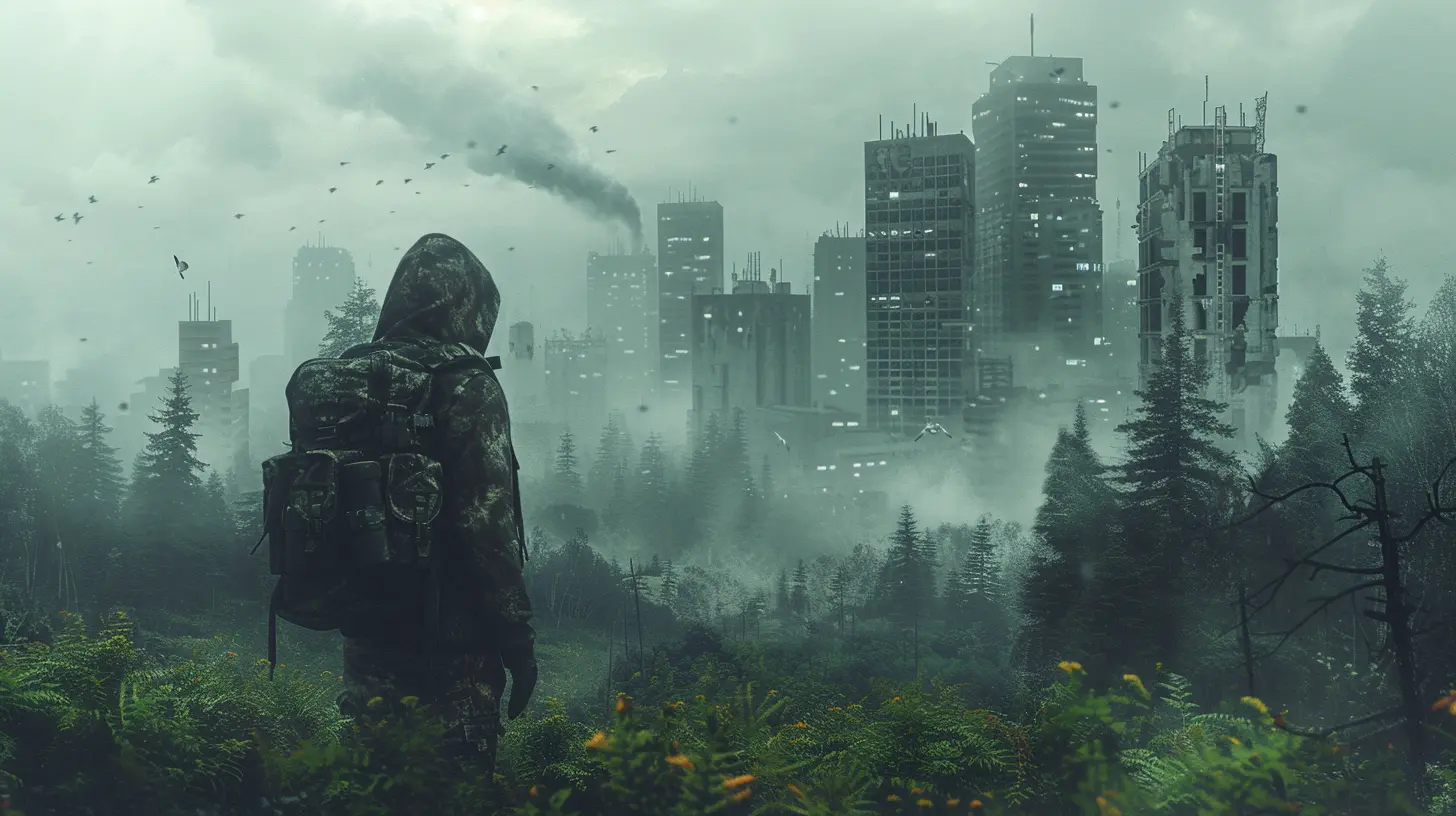
What Makes Survival Games So Addictive?
Let’s start with the basics. Survival games toss you into chaos and say, “Figure it out.” There’s no hand-holding, no safety nets — just you, nature (or zombies, or cannibals), and your instincts.And yet, somehow, we love it. Why?
Because survival games activate something primal in us. Every choice matters. Every decision could mean life or death. It’s the ultimate “choose your own adventure.” But here’s the kicker — it’s not just about surviving. It’s about the story that unfolds while we try.
Think about your last survival game session. Did you build a shelter in a panic right before nightfall? Did you name your pet wolf after a favorite childhood toy? These aren’t just mechanics — they’re moments that tell a story. And that’s where the real magic happens.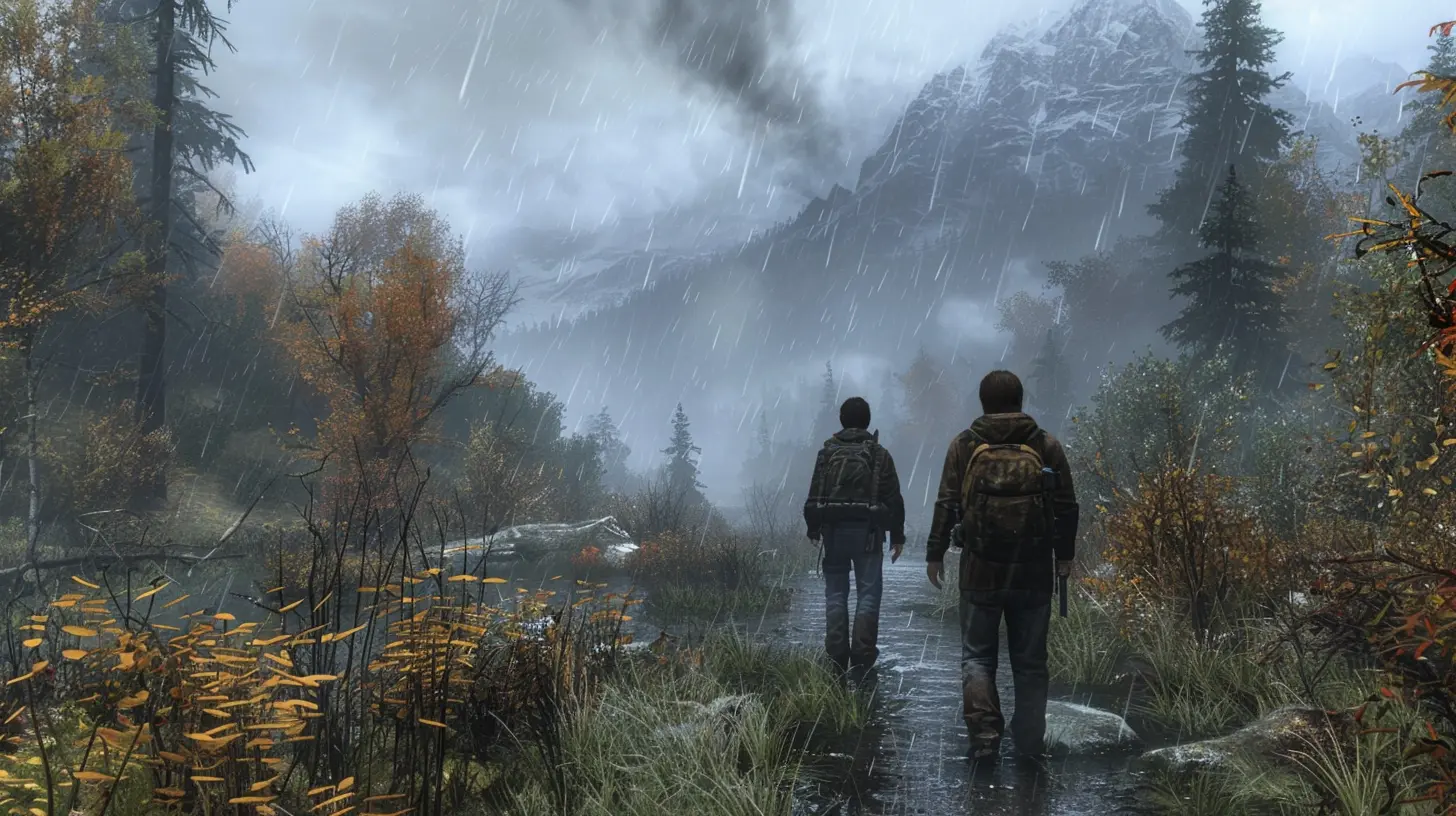
The Power of Emergent Storytelling
Ever heard of "emergent narrative"? It’s a fancy term, but the idea is simple: instead of the game telling a fixed story, the gameplay becomes the story.Your Pain is the Plot
Let’s say you’re scavenging for food in Subnautica. Oxygen is low. You’re miles from your base. A creature you’ve never seen before is circling you. Now, that’s a story. It’s not scripted, but it’s unforgettable. And more importantly? It’s yours.Emergent storytelling works so well in survival games because the genre revolves around choices and consequences. Nothing is handed to you. Every step forward feels earned. And that sense of ownership — that “I did this” feeling — makes your personal story resonate deeply.
Unexpected Heroes
You don’t need a sword or a prophecy to be a hero in a survival game. Sometimes heroism means eating grubs to stay alive or risking it all to rescue a teammate. These games let you craft your character arc. You might start as a frightened scavenger and end up a fearless survivor with a thousand-yard stare.That journey? It’s more powerful than any cutscene — because you lived it.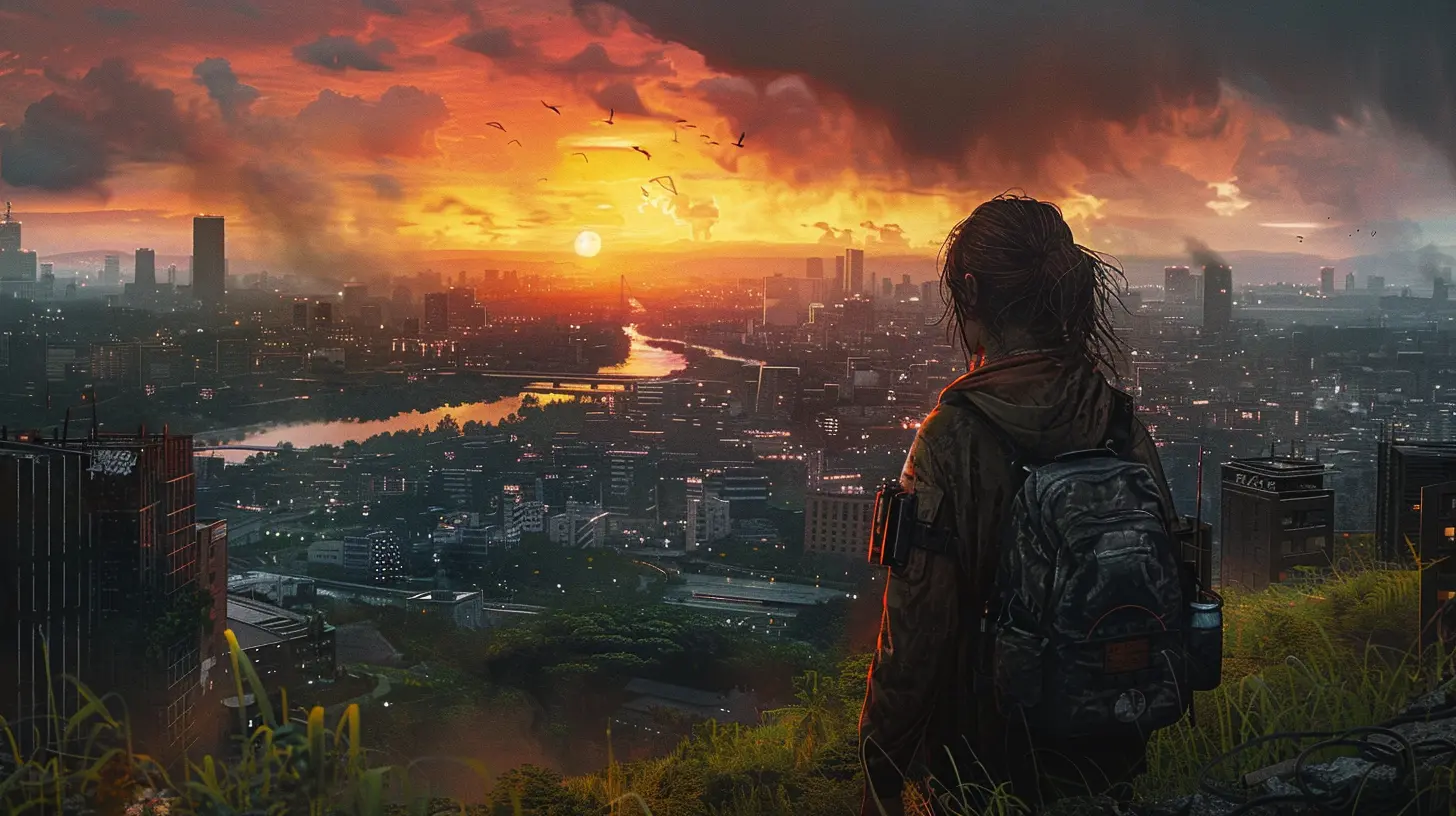
When Developers Tell a Story
Of course, not all survival game narratives are left entirely to the player. Some games blend emergent and structured storytelling beautifully to create an immersive experience.The Forest: Trauma Meets Terror
Take The Forest, for example. You start the game as a father searching for his kidnapped son after a plane crash. Already you’ve got a purpose, and that adds emotional weight to your actions.Sure, you’re still chopping trees and fending off cannibals, but now every moment is filled with a deeper urgency. You’re not just surviving; you’re surviving for someone else. That narrative thread ties the gameplay together and gives it heart.
Green Hell: The Weight of Guilt
In Green Hell, the protagonist isn’t just trying to survive in the Amazon Rainforest — he’s dealing with personal demons, broken relationships, and the crushing guilt of past decisions. As you craft tools and avoid snakes, a darker story unfolds through voice logs and dream sequences.These layered narratives don’t compete with survival mechanics — they enhance them. They make you care. They stir up emotions that keep you hooked for the long haul.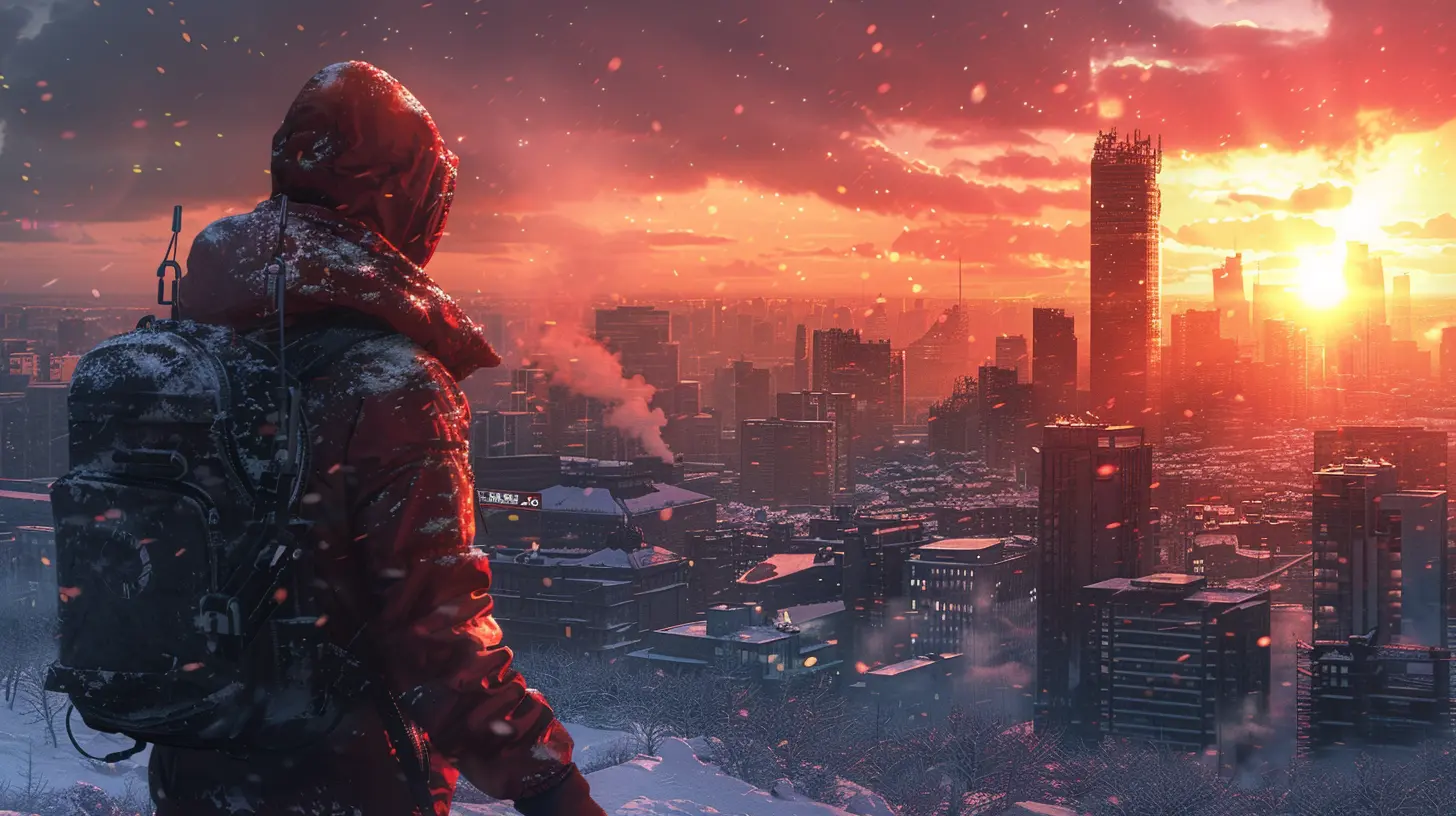
Themes That Hit Home
Even though survival games are set in wild and fantastical environments, they often tackle deeply human themes. That’s why they stick with us — they reflect our own battles, struggles, and victories in symbolic ways.Isolation and Connection
Let’s face it — being alone in a survival game feels eerily familiar. We’ve all experienced loneliness in real life. Survival games amplify that solitude, but they also celebrate the joy of connection, especially in co-op modes.The moment when your friend brings you a bandage as your screen blinks red? That’s real. That’s love in a post-apocalyptic landscape.
Resilience and Growth
Survival games are like emotional gyms. You start off weak, clueless, and probably freezing to death. But over time, you learn, adapt, and grow stronger. Sound familiar?Yeah, that’s called life.
These games remind us that no matter how rough things get, we can overcome. We can build, rebuild, and thrive — even after total collapse.
Moral Dilemmas
Sometimes, survival games put you in tight ethical spots. Maybe you're low on food and spot another player—do you share or shoot? Games like Rust or DayZ force you to look in the mirror and ask, “What kind of survivor am I?”It’s uncomfortable, but it’s real. And it makes for compelling storytelling.
Multiplayer: Shared Stories, Shared Struggles
If you’ve ever played a survival game with friends, you know it’s a whole different ball game. Suddenly, it’s not just your story — it’s our story.You argue over resource management, divide labor, celebrate small victories like finding a can of beans. These shared experiences create powerful group narratives that feel like epic tales.
And when things go wrong? Oh boy — that’s where the juiciest stories come from. ("Remember when we all froze to death because Dave forgot to build a door? Classic.")
Mods & Community: Narrative Beyond the Devs
Let’s not forget one of the most powerful forces in survival gaming — the community.Players constantly create mods, write fan-fiction, make YouTube videos, and even roleplay entire civilizations in survival sandboxes like Minecraft or Ark: Survival Evolved. These community-driven narratives expand the universe beyond what developers even imagined.
That speaks volumes about the emotional and creative investment people make in these games. They don’t just play them; they live them.
Finding Meaning Through Struggle
When you strip everything away, survival games serve as a reminder of what's truly important: adaptation, perseverance, connection, and hope.Every virtual storm you weather, every base you build from scratch, every moment you hang on at 1% health — it's a metaphor. A metaphor for life.
We all go through tough times. We all face our own inner forests, our own hungry wolves. Survival games give us a safe space to wrestle with those feelings — and come out stronger.
They show us that even in the darkest moments, there’s meaning to be found. There’s a narrative waiting to be written. And we’re the authors.
Why It Matters
In a world where instant gratification is everywhere, survival games slow us down. They make us think, feel, struggle, and grow. They teach us that it’s okay to fail, as long as we get back up.And most importantly? They show us that even in a digital world full of chaos and danger, our stories matter.
So next time you boot up your favorite survival game, pay attention. Not just to the mechanics, not just to the graphics — but to the story unfolding beneath it all. Because chances are, it’s a story worth remembering.
And hey — maybe it’ll even inspire you in the real world, too.
Final Thoughts: More Than Just a Game
Survival games aren’t just about not dying. They’re about living — with purpose, with emotion, with resilience. Through stories — both told and untold — they help us make sense of the chaos, connect with others, and find meaning in the act of simply pushing forward.So whether you're braving the wilderness in The Long Dark, or teaming up in Valheim to build a fortress, remember: you're not just surviving.
You're writing your own epic.
One moment at a time.
all images in this post were generated using AI tools
Category:
Survival GamesAuthor:

Luke Baker
Discussion
rate this article
2 comments
Zanya McClure
Survival games transform struggle into story, deepening our connection to resilience and meaning.
June 21, 2025 at 4:23 AM

Luke Baker
Thank you! I agree that survival games uniquely weave struggle into narrative, enhancing our understanding of resilience and inviting players to find deeper meaning in their experiences.
Alexander Reilly
Oh sure, nothing screams “deep life insights” like dodging zombies while scavenging for beans. Truly, a Shakespearean experience in the world of pixelated apocalypse!
June 17, 2025 at 2:25 PM

Luke Baker
I appreciate your humor! Survival games do offer unique narratives that highlight resilience and resourcefulness, even amidst chaos.
